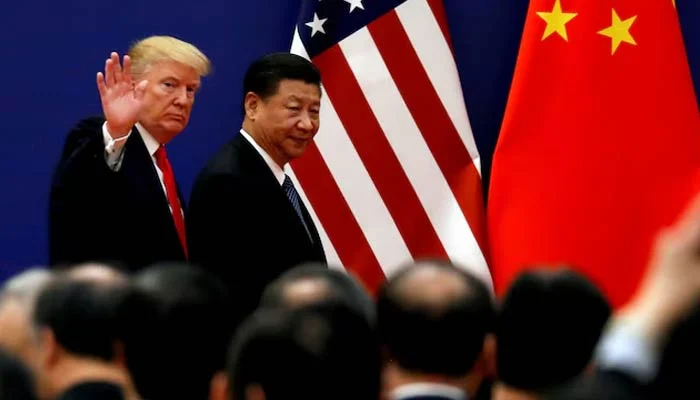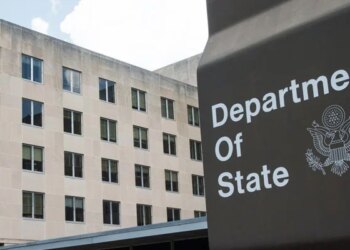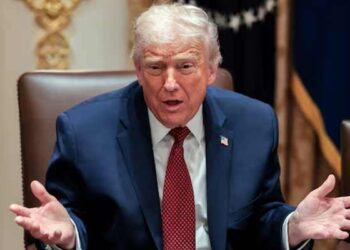Select Language:
Donald Trump, the former U.S. President, shared via Truth Social that he no longer sees a need for a scheduled meeting with Chinese leader Xi Jinping at the upcoming APEC summit. Trump criticized China for adopting hostile trade tactics and announced plans to impose substantial tariffs on Chinese imports. He pointed out China’s recent export restrictions on rare earth minerals—materials essential for modern electronics and technology—as evidence of increasing hostility.
In his post, he highlighted China’s actions, stating that the country is becoming more aggressive, despite months of relatively good relations. Trump expressed that China’s recent export control policies, affecting various elements of production, are problematic and could be used to hold the world “captive.” He also suggested that these moves might be timed to undermine recent progress in Middle Eastern diplomacy, specifically the ceasefire brokered by Trump between Israel and Hamas.
Wall Street reacted swiftly, with stock markets dropping as fears of a renewed trade war grew. Trump had previously emphasized the importance of his planned meeting with Xi and had even considered traveling to China next year. China responded by announcing fines for ships associated with the U.S. following earlier U.S. charges against Chinese-linked vessels.
Trump accused China of building monopolies over key materials like magnets and rare earths—a move he labeled “sinister and hostile.” He suggested that the United States might respond with financial measures depending on China’s future actions. Earlier this year, the U.S. and China engaged in tariff exchanges that nearly halted trade between the two largest economies, but both sides have since attempted to de-escalate tensions, though uncertainties remain.
Trump also mentioned ongoing efforts to address U.S. soybean exports, which are vital for American farmers and U.S. economic prospects ahead of the 2024 elections. Overall, his comments signal a potential escalation in trade tensions and diplomatic challenges with China.






